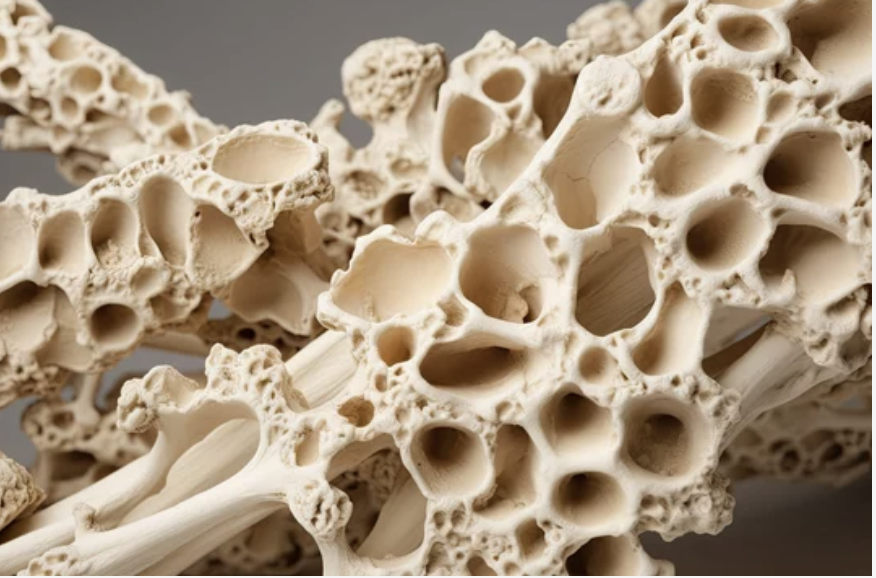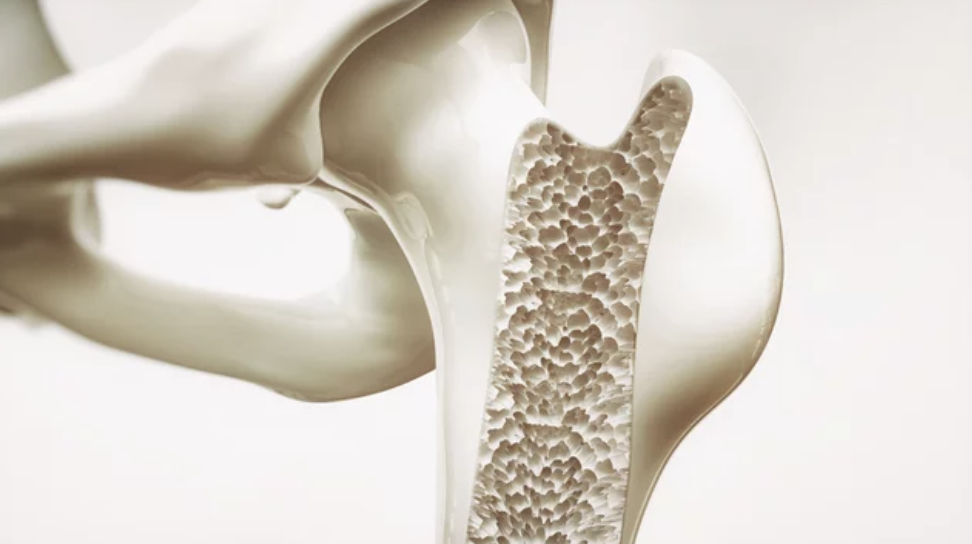Bone Health
Strong bones are important for your health. Causes of low bone mass or muscle health mass include your family history, not developing good bone mass when you are young, and certain conditions or medicines. Finding the right treatment or you can help strengthen and protect your bones and body.
Osteoporosis
Low bone density and structural degeneration are symptoms of osteoporosis, a medical condition that raises the risk of fractures. It typically affects older people, especially postmenopausal women, however it can happen to either gender. When osteoporosis first starts, there may be no noticeable signs until a fracture. Age, gender, hormonal changes, family history, particular drugs, and lifestyle choices like insufficient calcium intake and sedentary behaviors are also risk factors. The use of medicine, calcium and vitamin D supplements, lifestyle changes, and fall prevention techniques are all possible treatment options. To lessen the effects of osteoporosis and lower the risk of fractures, routine bone density tests and early treatments are crucial.


Osteopenia
Though less severe than osteoporosis, osteopenia is characterized by lower than normal bone density. It can raise the risk of fractures and is frequently seen as an early sign of osteoporosis. Since osteopenia usually has no symptoms, it could go undiscovered until it causes more serious bone loss. Age, hormonal changes, genetics, some drugs, and lifestyle elements including insufficient exercise and poor nutrition are all risk factors for osteopenia. Osteopenia is treated by changes in lifestyle, such as frequent weight-bearing activity, a balanced diet high in calcium and vitamin D, and abstaining from smoking and binge drinking. Early detection of problems and routine monitoring can lower the chance of developing osteoporosis and stop additional bone loss.
Muscle Health
Muscle health refers to the overall well-being and proper functioning of muscles in the body. To maintain general physical performance, mobility, and quality of life, muscles must be in their best possible health. Building and maintaining muscle strength, flexibility, and endurance requires regular exercise, which should include both strength training and aerobic exercises. A healthy diet that includes enough protein is also essential for maintaining muscles. For muscle tissue to mend and grow, it is crucial to drink enough water, get enough rest, and recuperate. Additionally, leading an active lifestyle and abstaining from sedentary behavior support muscular health. People may promote their muscle health, improve their physical performance, and lower their chance of developing injuries and diseases related to their muscles by giving these elements priority.



